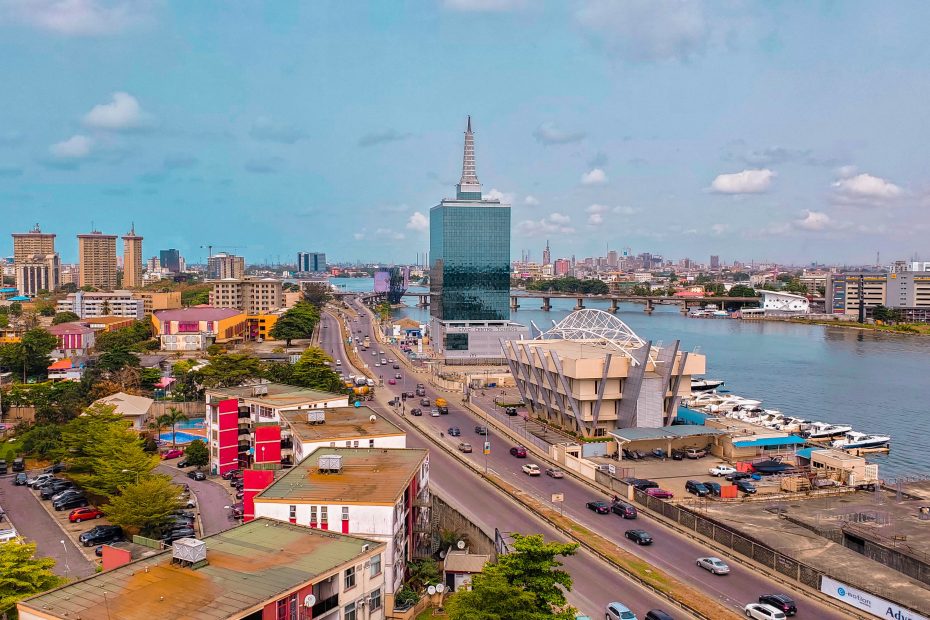The pulsating energy and organized chaos of Nigeria’s bustling metropolises like Lagos and Abuja can sometimes feel overwhelming. As rewarding and exciting as city life can be, we all yearn at times for an escape from the hustle and bustle. Luckily, Nigeria’s vast countryside offers just that – a chance to trade traffic jams for tranquil strolls through nature and leave behind the endless crowds for the welcoming smiles of rural villagers.
Venturing into Nigeria’s hinterlands reveals spectacular natural wonders that serve as the perfect antidote to the stresses of urban life. Lush rainforests teeming with exotic wildlife allow you to channel your inner explorer. Towering waterfalls like Gurara Falls thunder their beauty alongside winding rivers where you can bask in the surrounding tranquility. Rolling green hills and sprawling savannahs evoke a sense of expansive freedom.
Beyond the astounding nature, Nigeria’s countryside is also home to charming rural villages where a warm welcome is guaranteed. Traditional mud huts with conical thatched roofs dot the landscapes, transporting you to a simpler time. The locals exude hospitality and are always happy to share stories over a cup of tea. Life moves at a relaxed agrarian pace dictated by the seasons – not the clock.
There are plenty of ways to soak up the countryside’s natural splendor through outdoor activities. Lace up those hiking boots and trek through pristine nature reserves that remain untouched by mass tourism. Paddle down broad rivers on boat rides that reveal birds and wildlife. Try your hand at early morning bird watching and be amazed by Nigeria’s diversity of avian life.
After a day of adventure, indulge in mouthwatering local cuisine made from the freshest ingredients. Sample staples like pounded yam and egusi soup at local homesteads and roadside eateries. The food takes you on a flavorful journey that highlights the incredible diversity of Nigeria’s countryside.
Vibrant cultural traditions still thrive in rural communities and offer glimpses into Nigeria’s living heritage through festivals, dances, crafts and more. Witness age-old customs along with the unique histories and identities of each area you visit. There are also lively festivals that connect harvests and communities showcasing food, music and culture.
There are endless options across Nigeria for countryside escapes that refresh your spirit. In Cross River State, the mountainous Obudu Cattle Ranch offers stunning vistas. Yankari National Park in Bauchi State provides wildlife encounters from lions to elephants. Oguta Lake’s sleepy fishing villages in Imo State exude tranquility. Osun Sacred Grove’s protected forest preserves Yoruba sacred sites and biodiversity.
Finding the right place to stay ensures your countryside visit aligns with your needs and preferences. Farmsteads and eco-lodges deliver authenticity and seclusion. Quaint boutique hotels promise unique charm. For budget-friendly adventures, you can’t beat camping under the stars and waking up to birdsong.
While venturing into rural areas does require some additional planning and flexibility, the rewarding experiences are well worth it. Consider renting a car for maximum freedom to explore far and wide. Local guides can facilitate exploring off the beaten path and help you connect with communities. It’s also useful to brush up on key phrases in one of Nigeria’s main languages as English may not be widely spoken in remote villages.
When city life becomes overwhelming, Nigeria’s countryside beckons with its tranquil charm. Here you can reconnect with nature, culture and most importantly yourself. Let the rolling hills and winding rivers wash your cares away. Explore villages lost in time where our modern anxieties hold no sway. Wander the rainforests and savor the flavors of the land. Nigeria’s countryside is waiting to nourish your spirit.
FAQs
How safe is traveling in Nigeria’s countryside?
Nigeria’s countryside is generally very safe to travel. As always, it is wise to check government travel advisories and warnings. Use caution, travel in groups and avoid isolated areas after dark.
What is the best time of year to visit the countryside?
The peak months to visit are November to March during the dry season. Roads are more easily passable and wildlife viewing is good.
What activities are there for families?
Great options include hiking, camping, canoeing, birdwatching, village tours, camel rides and exploring caves or waterfalls. Most national parks also organize educational nature walks.
How easy is it to get around without a car?
Public transport like buses between towns exists but having your own car allows more flexibility. You can also join guided day tours from nearby cities. Within rural areas, walking is often the best way to explore.
What should I pack for a trip to the countryside?
Bring lightweight, breathable clothing along with proper hiking gear. Don’t forget sun protection like hats, sunglasses and high SPF sunscreen. Have essential medications on hand and a first aid kit. Bring binoculars and field guides if you plan on wildlife viewing.
